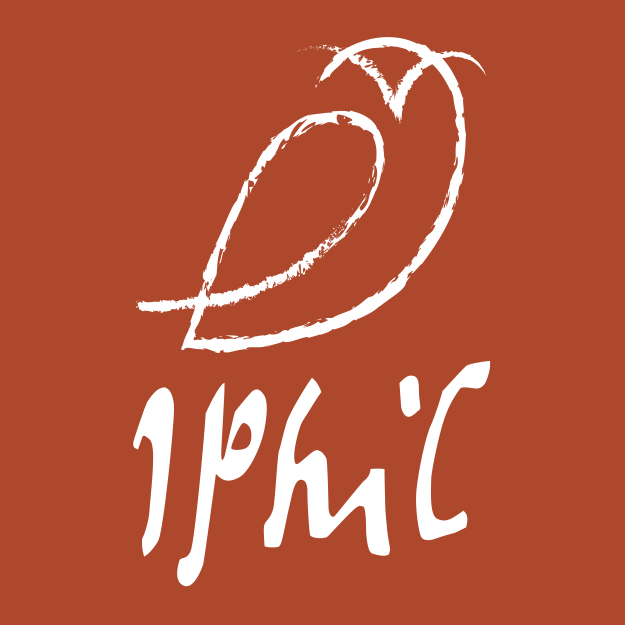Scientific Understanding – What it is and How it is Achieved
Dr. Anna Elisabeth Höhl (doctoral project)
In my research project I investigate the concept of scientific understanding. The general aim of science is to provide us with an understanding of our world, to enable us to understand natural and social phenomena. But what exactly does it mean when scientists claim that they understand a phenomenon? What is scientific understanding? And how do scientists achieve it?
Philosophers of science as well as epistemologists have not been interested in the concept of understanding until approximately 25 years ago. Since then, the community of philosophers working on issues related to scientific understanding, and on understanding in general, is growing considerably. More and more issues and questions concerning understanding arise, and I develop answers to some of these questions in my dissertation.
A central question in the debate on understanding is the relation of understanding to explanation. Is explanation necessary for understanding, or is it possible to achieve understanding without explanation? I argue that scientific understanding cannot be acquired without explanation, leaving open the possibility that other forms of understanding might not depend on explanation. Additionally, I explore the notion of ‘ability’ and argue not only that special research skills are needed for scientific understanding, but also that understanding itself is a demanding cognitive ability. Therefore, I disagree with accounts of understanding that take understanding to be a kind of (propositional) knowledge. In order to develop an account of scientific understanding that accommodates scientific practice, I analyze a case from biology. Namely, how the introduction of zebrafish as a model organism into research enabled understanding of the genetic regulation of vertebrate development. My investigations lead to the following definition of scientific understanding:
A scientist S has scientific understanding of an empirical phenomenon P in a context C if and only if
i. S grasps relations that P stands in and articulates these relations in the form of new explanations of (aspects of) P,
ii. S possesses and uses (material) equipment, relevant knowledge and research skills provided by C and required for understanding P, and
iii. S is a member of a scientific community that enables S to understand P and that approves S’s understanding of P.
In my dissertation project, I focus on the relation of scientific understanding to explanation, knowledge, and abilities. However, there are many more questions about understanding that area addressed in the current literature: How is understanding related to truth? How can models and idealizations provide understanding? Is understanding compatible with epistemic luck? What does it mean to misunderstand a phenomenon? These are just a few exemplary questions. (Scientific) Understanding still holds many interesting and exciting questions.
